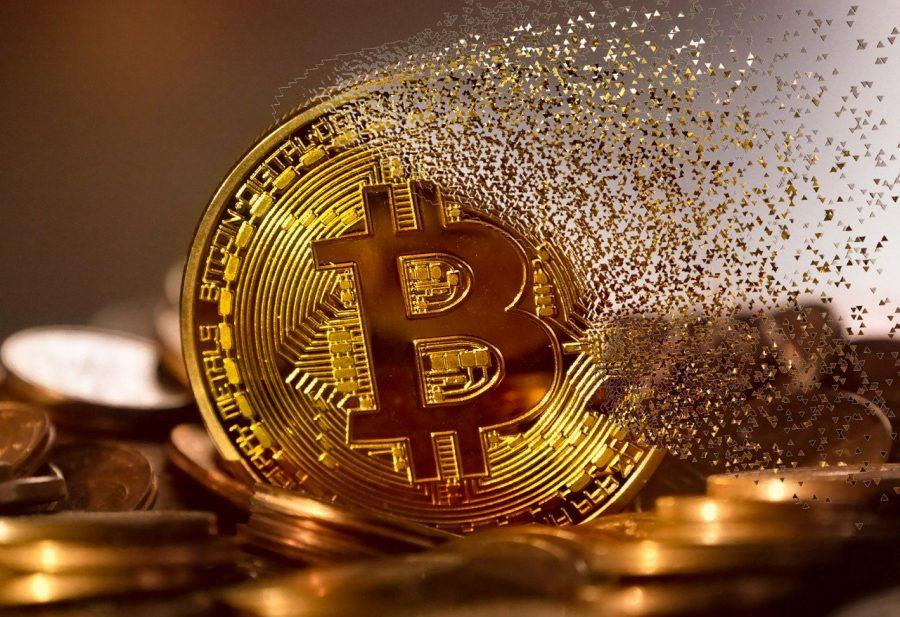May 24, 2022
by Emmie sonnie
Why Social Media Platforms will be Replaced by Decentralization Messaging Apps
.
Disclaimer: The views and opinions expressed in this article are for informational purposes only and do not constitute financial, investment, or other advice. Investing in or trading crypto assets comes with a risk of financial loss.
